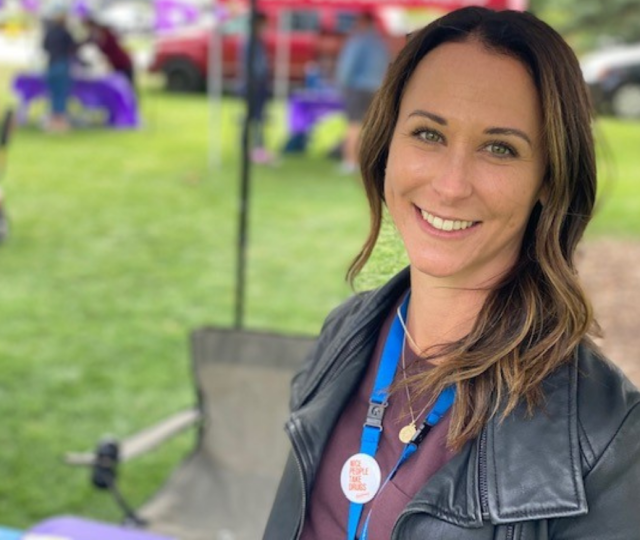Accessing substance use support
- Call 310-MHSU (6478) to reach your local Mental Health & Substance Use (MHSU) Centre
- Connect with Access MHSU Services for more information and links to services to best meet your needs
- Withdrawal Management (Detox) Services – Withdrawal management services provide medically supported care during the acute stages of withdrawal from alcohol or other drugs. Access to these services is determined through a clinical screening process and consideration of multiple factors, including health needs, safety, and available supports.
- Access Central – Substance Use Support
If you're looking for support related to substance use, Access Central is Interior Health’s single point of access for people who may need withdrawal management (detox) services.
Access Central provides same-day clinical screening, assessment and triage by a nurse or trained clinician to help determine the most appropriate care options based on your individual needs, risks, and circumstances.
Call Access Central toll-free at 1-866-777-1103, available 9 a.m. to 4:30 p.m. (PT), seven days a week, 365 days a year.
- Call a crisis line for immediate assistance (24 hours, 7 days per week):
- Click on the Substance Use Services Wheel (circular diagram) or Substance Use Services Snap Shot (linear diagram) for links to our substance use services and MHSU Centres
- To learn more about planning to enhance substance use services at Interior Health see the Substance Use Strategic Framework (2020–2025).
- Learn about harm reduction
- View these suicide phone line resources














